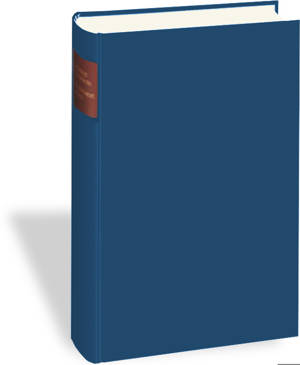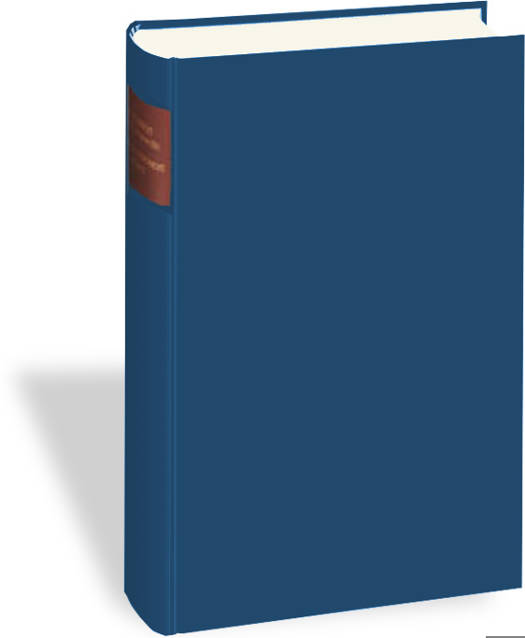
- Retrait gratuit dans votre magasin Club
- 7.000.000 titres dans notre catalogue
- Payer en toute sécurité
- Toujours un magasin près de chez vous
- Retrait gratuit dans votre magasin Club
- 7.000.0000 titres dans notre catalogue
- Payer en toute sécurité
- Toujours un magasin près de chez vous
Description
The early period of Ius Commune, from the end of the 11th century until the Accursian Gloss, is very interesting on the one hand, with the reception of Justinian's Corpus Iuris Civilis in full flow, and very difficult to study on the other. Only a selection of glosses by the early Glossators have made their way into the Accursian Gloss, and only a limited amount of pre-Accursian material has been printed. Therefore, an investigation into the first generations of the Glossators often implies consulting manuscripts, directly or through microfilms, in order to get at the sources, whether they are glosses or independent works. One of these independent works, the Casus Codicis of Wilhelmus de Cabriano, was rediscovered by Dolezalek in 1970. These Casus Codicis take us back to the days of the Quattuor Doctores in the middle of the 12th century. They are probably based on the lectures of Wilhelmus' master Bulgarus on Justinian's Codex, and thus form the oldest example of a lectura that has come down to us. They offer us an insight into the opinions held in Bulgarus' school, and into its way of reasoning, with far more detail than the "Dissensiones Dominorum", giving full commentaries and arguments rather than abbreviated ones and unmotivated opinions. They show which texts of the Codex were treated during the lectures, thus giving an impression of what Bulgarus found most important or interesting for his students. And finally, they reflect the state of development of the methods of Bulgarus' school and the extent of understanding of the contents of the Corpus Iuris Civilis that it had achieved at the time. This modern critical edition of the "Casus Codicis" allows direct and easy access to a major source for an important period in the development of the European legal tradition.
Spécifications
Parties prenantes
- Auteur(s) :
- Editeur:
Contenu
- Nombre de pages :
- 802
- Langue:
- Anglais
- Collection :
- Tome:
- n° 182
Caractéristiques
- EAN:
- 9783465033653
- Format:
- Livre relié
- Format numérique:
- Linnen over kaft
- Dimensions :
- 160 mm x 240 mm
- Poids :
- 1326 g

Les avis
Nous publions uniquement les avis qui respectent les conditions requises. Consultez nos conditions pour les avis.






